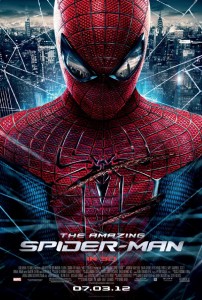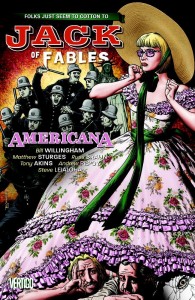It is likely that I’ve read The Eye of the World more often than any other book. But not in the last eight years or so, I guess? Hence this review, which is kind of difficult to put together. What can I say that hasn’t already been said extensively? In any event, the book is over twenty years old, so expect spoilers from here forward, and I can’t promise there won’t be spoilers of future books. But certainly not of the last several.
One thing is that I watched the Lord of the Rings extended trilogy on blu-ray last weekend, and there are large swathes of the book that feel a lot like The Fellowship of the Ring, far beyond the opening hundred pages with black-cloaked riders invading the idyll of the Two Shires, only to be turned away by a wizard and a ranger. Still, given the length of the series and only one aspect truly remaining similar throughout the series (I refer here to the Padan Fain / Gollum connection), it still basically feels like the first few pages were written to be familiar, rather than that a full-scale rip-off occurred. Still, I’m surprised I didn’t see more people saying that it had back in the day. (Until I remember I didn’t pick up one of these books until 1993, by which time four had already been published, so I suppose those cries had already echoed their way out into the void.)
As usual, the biggest tragedy of the book is Rand’s innocence, so soon to be shattered. I also notice that Perrin’s broodiness here matches his future multi-volume obsession with being the guy from Taken, and that Nynaeve is by far the best female character in the series (except maybe Moiraine, but it’s not really fair to count her, because she spends so much of her time as a cipher, mostly to be observed with only the barest of glimpses into her head). There is little that has made me so happy of late as her current position on the board.[1]
Otherwise, I only have two things to add about the kindle version and my current re-read. One is that through some quirk of odd fate, every instance of the word ‘whatever’ was capitalized. I really wonder whose search and replace thought that was a good idea? The other is a thing that I need to compare against a physical copy, so just a moment while I do that. (You can pretend while reading this sentence that the sentence isn’t here, and there was a pause while I hopped into the other room to dig through my bookshelf and make sure whether the copies are identical or not. This pause is also a good time to stop if you are worried about future spoilers somehow, because I take a lot of knowledge as self-evident in the rest of this paragraph.) And what hey, they match! So, here’s the thing: The grave is no bar to my call, right? The Horn of Valere? Here’s what is actually written on the Horn, though: Tia mi aven Moridin isainde vadin. Based on the rest of what I’ve seen of the Old Tongue, which tends to be pretty consistent, the literal translation is ‘To my call, Death is not a bar’. Unless, of course, one were to notice that a newish character has taken the name Moridin, and then one were to wonder why bother to capitalize that one word there, and then one were to notice that the Horn of Valere has been absent for pretty much the entire series, and having it just being Heroes of the Horn out again after all this time would feel kind of anti-climactic, and anyway, here’s my newest loony theory[2]: the Horn is going to somehow affect Ishamael reborn, directly, as has been prophesied for the duration of said Horn’s existence. And if the Horn is older than the Age of Legends (I wonder if we know that either way?), it is also an indication that this is the actual Last Battle after all, not just one such along the turning of the Wheel.
[1] Because that would be a spoiler for recent books.
[2] not obviously addressed in the current version of the FAQ, though my searching was not exhaustive by any means, and of course if someone has said it on rasfwrj in the past 8 or 10 years, I wouldn’t be in a position to know that.

